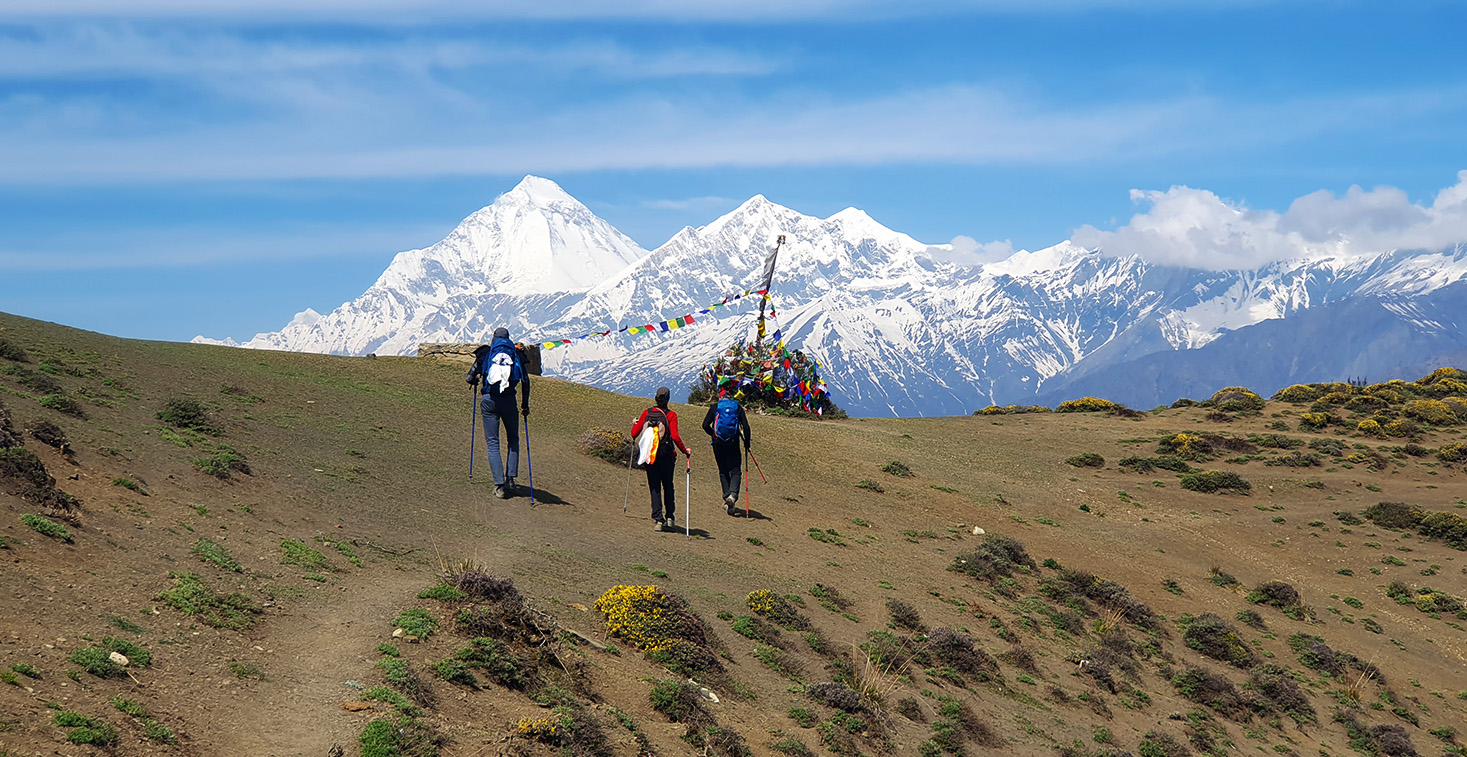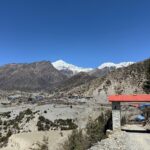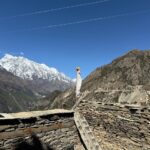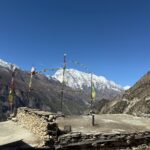
How to Hire the Right Trekking Guide in Nepal
How to Hire the Right Trekking Guide in Nepal: Research credentials, read reviews, compare prices, and ensure proper licensing for a safe trek.
When hiring a trekking guide, whether through an agency or independently, it’s crucial to ask the right questions. You’ll be spending days or even weeks with this person, and you may be investing a significant amount of money. Ensuring you have the right guide for your adventure is essential!
1. Are they licensed and insured?
In many countries, both independent and agency guides must be registered with local authorities. Request valid, up-to-date proof of their compliance with local regulations. This small step demonstrates that your guide is a professional rather than someone just looking to make some extra cash.
Beyond establishing credibility, this information is important in case any issues arise during your trek. Knowing that your guide is recognized by local authorities and has insurance can provide you with peace of mind.
Tip: Inquire about the licenses and insurance they possess and ask to see copies of the relevant documents.
2. How experienced is this guide?
Many guides begin their careers as porters, gaining knowledge of the trails, enhancing their language skills, and developing their client interaction abilities before leading their own treks. Understanding how many treks they have guided can help you gauge their confidence and connections.
You want a guide who is familiar with the trail, knows the directions, distances, and, most importantly, prioritizes safety. An inexperienced guide might struggle to recognize symptoms of altitude sickness, detect changes in weather, or accurately estimate distances. There’s little worse than a guide who hesitates or is unsure of how to handle a situation. An experienced guide brings the confidence necessary for a successful trek and can be the leader you need.
Connections are also important, as they can facilitate a smoother journey. Guides who are familiar with the best restaurants, teahouses, guesthouses, and camps can make your evenings more enjoyable and likely lead to better quality experiences. If any challenges arise during the trek, their network can help resolve issues quickly and efficiently.
Tip: Inquire about how many treks potential guides lead each season and how many are specifically for this route. A guide who conducts over twelve trips a season, with more than four on your chosen path, should have ample experience.
3. Can we communicate?
It may seem straightforward, but many people find themselves trekking with guides who don’t share a common language. Sometimes, agencies or guides exaggerate their language skills, or you might be drawn in by a low price. Be cautious, as this can significantly limit your ability to fully enjoy your experience. Guides offer valuable insights about the land, its people, and the culture you’ll encounter during your trek—don’t miss out on that!
Many professional guides invest considerable effort into learning languages. Unfortunately, the responsibility for language skills often falls solely on the guide, but it doesn’t have to be that way. Try to learn a few words and phrases in their language and make an effort to use them during the trek. This will enhance your communication and earn you the respect of your guide.
Tip: Ask potential guides about their favorite part of the itinerary and the reasons behind it. This will give you an idea of how expressive and articulate they are in your language.
4. What do they do in the off-season?
This question helps you learn about their life beyond guiding. It’s useful because it gives you a clearer picture of who you’ll be trekking with.
Additionally, it reveals whether your guide can engage in conversation, especially about topics they are passionate about—themselves. If you can have a meaningful exchange about their life, it’s a good indication that chatting on the trail will be easy.
Tip: If the conversation lasts for several minutes and you gain insights about them, that’s a positive sign.










